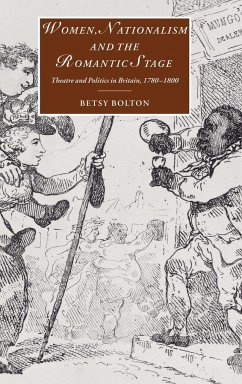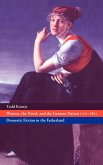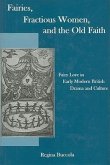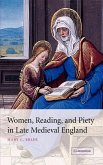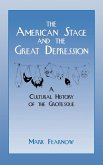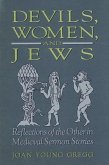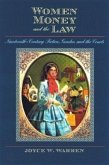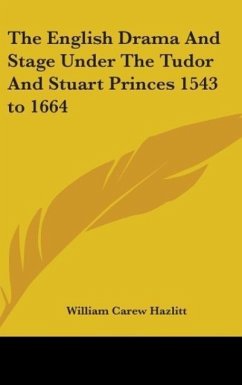In the 1780s and 90s, theatre critics described the stage as a state in political tumult, while politicians invoked theatre as a model for politics both good and bad. In this study, Betsy Bolton examines the ways Romantic women performers and playwrights used theatrical conventions to intervene in politics. Reading the public performances of Emma Hamilton and Mary Robinson through the conventions of dramatic romance, Bolton suggests that the romance of national identity developed by writers such as Southey and Wordsworth took shape in complex opposition to these unruly women. Setting the conventions of farce against those of sentiment, playwrights such as Hannah Cowley and Elizabeth Inchbald questioned imperial relations while criticizing contemporary gender relations. This well-illustrated study draws on canonical poetry and personal memoirs, popular drama and parliamentary debates, political caricatures and theatrical reviews to extend current understandings of Romantic theatre, the public sphere, and Romantic gender relations.
Table of contents:
List of Illustrations; Acknowledgments; Prologue: The female dramatist and the man of the people; Part I. Staging the Nation: 1. The politics of Romantic theatre; Part II. Romancing the State: Public Men and Public Women: 2. Varieties of Romance Nationalism; 3. Patriotic romance: Emma Hamilton and Horation Nelson; 4. (Dis)embodied romance: 'Perdita' Robinson and William Wordsworth; Part III. Mixed Drama, Imperial Farce: 5. Mimicry, politics and playwrighting; 6. The balance of power: Hannah Cowley's Day in Turkey; 7. The farce of subjection: Elizabeth Inchbald; Epilogue: what is she?; Notes; Select bibliography; Index.
Bolton examines the ways Romantic women performers and playwrights used theatrical conventions to intervene in politics. This well-illustrated study draws on poetry and personal memoirs, popular drama and parliamentary debates, political caricatures and theatrical reviews to extend current understandings of Romantic theatre, the public sphere, and Romantic gender relations.
Bolton examines how Romantic women performers and playwrights used theatrical conventions to intervene in politics.
Table of contents:
List of Illustrations; Acknowledgments; Prologue: The female dramatist and the man of the people; Part I. Staging the Nation: 1. The politics of Romantic theatre; Part II. Romancing the State: Public Men and Public Women: 2. Varieties of Romance Nationalism; 3. Patriotic romance: Emma Hamilton and Horation Nelson; 4. (Dis)embodied romance: 'Perdita' Robinson and William Wordsworth; Part III. Mixed Drama, Imperial Farce: 5. Mimicry, politics and playwrighting; 6. The balance of power: Hannah Cowley's Day in Turkey; 7. The farce of subjection: Elizabeth Inchbald; Epilogue: what is she?; Notes; Select bibliography; Index.
Bolton examines the ways Romantic women performers and playwrights used theatrical conventions to intervene in politics. This well-illustrated study draws on poetry and personal memoirs, popular drama and parliamentary debates, political caricatures and theatrical reviews to extend current understandings of Romantic theatre, the public sphere, and Romantic gender relations.
Bolton examines how Romantic women performers and playwrights used theatrical conventions to intervene in politics.

